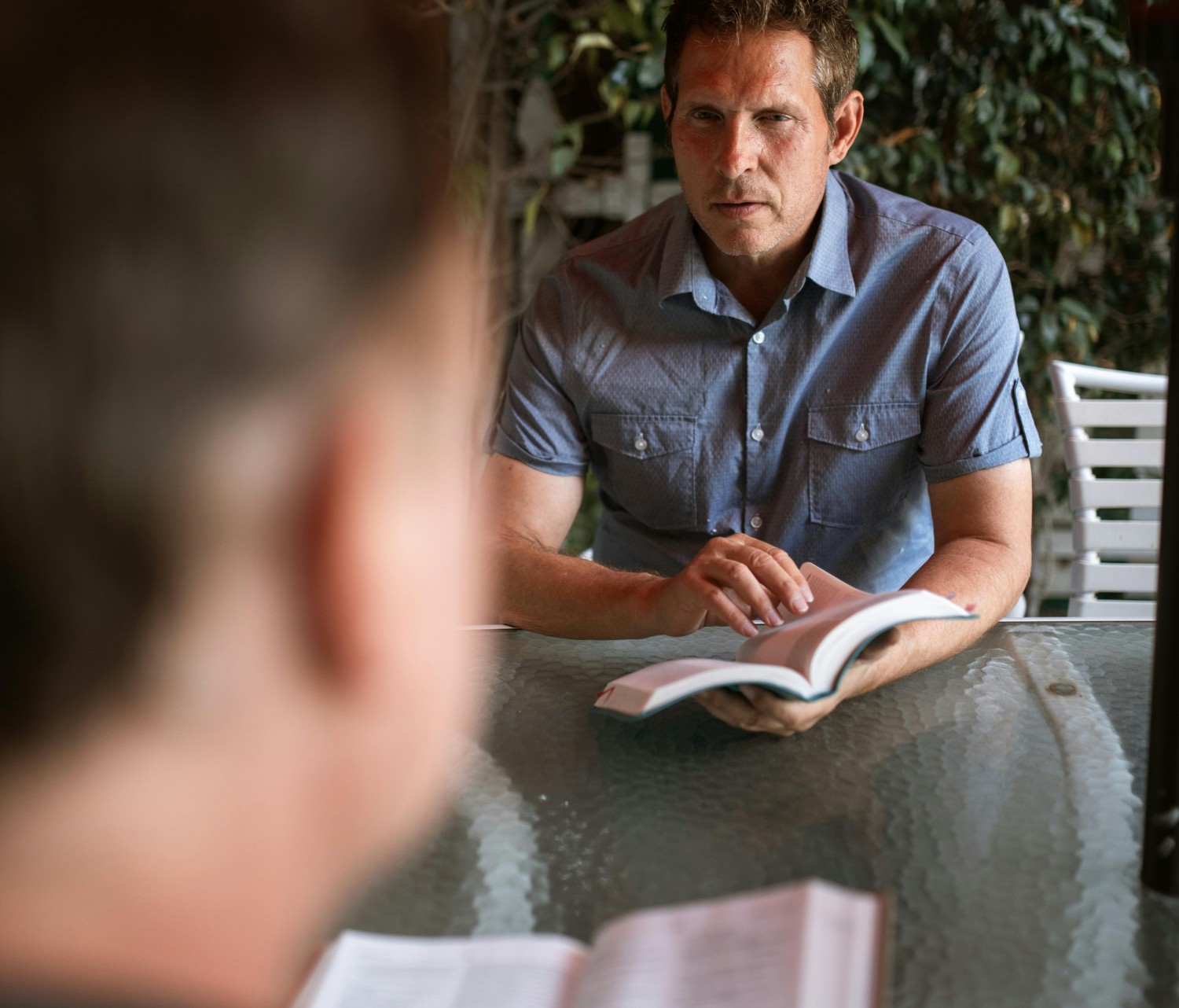Catholics and some Protestant groups follow an annual calendar that celebrated, yesterday, the events of Pentecost narrated in Acts 2. This chapter is central to the faith of Christians. One brother even called the chapter the hub of the Bible (J.D. Bales, The Hub of the Bible). Certainly, the chapter represents one of the most important texts in Scripture.
See seven reasons why this day is important for Christians:
First, on the day of Pentecost Jesus is preached for the first time after his resurrection. Jesus is the subject of the message from the beginning. His ministry, his death and resurrection, his exaltation, were all subjects of the first preaching of the gospel. And the great conclusion: “God has made this Jesus whom you crucified both Lord and Christ” Acts 2.36.
As Lord, he requires submission and loyalty; as God’s Anointed One, he serves as the great propitiation that takes away the sin of the world and ultimately saves.
Second, on this day “the predetermined plan of God” was fulfilled, Acts 2.23. It was God’s will not only to send his Son to the cross, but also to proclaim this act to the entire world, Acts 1.8. Now, on Pentecost, the process begins in earnest.
The book of Luke has its complement in the book of Acts; the salvation that Jesus accomplished through the divine project is now announced by human lips through the same will of the Lord.
Third, on this day the Lord Jesus Christ established his church, as he had promised in Matthew 16.18. This fact is one of the marks of the true church: its establishment on this day, in the city of Jerusalem. The denominations all started on much later dates, in other places, by other founders.
Fourth, on the day of Pentecost the forgiveness of sins became a reality. Before, sins were forgiven by looking at the cross in the future. In Acts 2, the blood of Christ could already be applied at the moment of obedience to the person who repented, Acts 22.16; 1 John 1.7.
Every Sunday, Christians eat supper and remember the words of their Lord: “This cup that is poured out for you is the new covenant in my blood” Luke 22.20. What a blessing to live on this side of the Cross!
Fifth, on this day the Holy Spirit came. He came upon the Twelve apostles in a special and miraculous way. In the Twelve and, later, in the family of Cornelius, the prophecy of the coming of the Spirit, Acts 2.17-21, would be fulfilled. But now people immersed in water could receive the gift of his presence in their lives, Acts 2.38. This is the promise “for you and your children, and for all who are far away, as many as the Lord our God will call to himself” v. 39.
His presence is made evident, not by miracles or speaking in other languages, but by the fruit of the Spirit, Galatians 5.22-23, and by the “power, love and self-control” he gives us in our pursuit of God’s work, 2 Timothy 1.7.
Sixth, on this day the Holy Scriptures received prominence. Peter’s sermon was largely composed of quotations from the Old Testament, Acts 2.17-21, 25-28, 31, 34. After being immersed in water, the converts dedicated themselves to “the teaching of the apostles” Acts 2.42. Soon, the process of writing down their teaching, which originated in Jesus, would begin, in a form that would reach us as the New Testament, completing the Scriptures that we know as the Bible.
The Old Testament looked to the future coming of the Messiah, the New remembers the life and death of Christ ─ and still reminds us of his promise of his second coming.
Seventh, on the day of Pentecost the terms of forgiveness were proclaimed, which are our part in the process of salvation. What must we do? For people who ask this question with faith, the answer is simple and clear: Resolve to turn from sin (repentance) and be immersed in water, to be forgiven, Acts 2.38.
This answer is repeated throughout the book of Acts. It had been given by the Lord himself (see Matthew 28.18-20; Mark 16.15-16; Luke 24.47; John 3.3, 5). Now, by the evangelists in Acts, the answer is spoken whenever the opportunity arises. In this sense, the day of Pentecost continues to this day, as those who have already heard and obeyed repeat these terms to those who need to know and enter into Christ.
Do you, dear reader, need to resolve to live for Christ and enter his Body, rather than living either in the world or by religious tradition? This is the invitation that Jesus makes to all of us.
Christians do not observe an annual religious calendar. They break bread every first day of the week. And on that day, as every day of their lives, the disciples give thanks to God for having received the knowledge of salvation, the fulfillment of the eternal plan and the privilege of participating in the redemption of humanity.
- The language of doing good - 2026-01-12
- The greatest - 2025-12-07
- Time to go home and keep working - 2025-12-03
